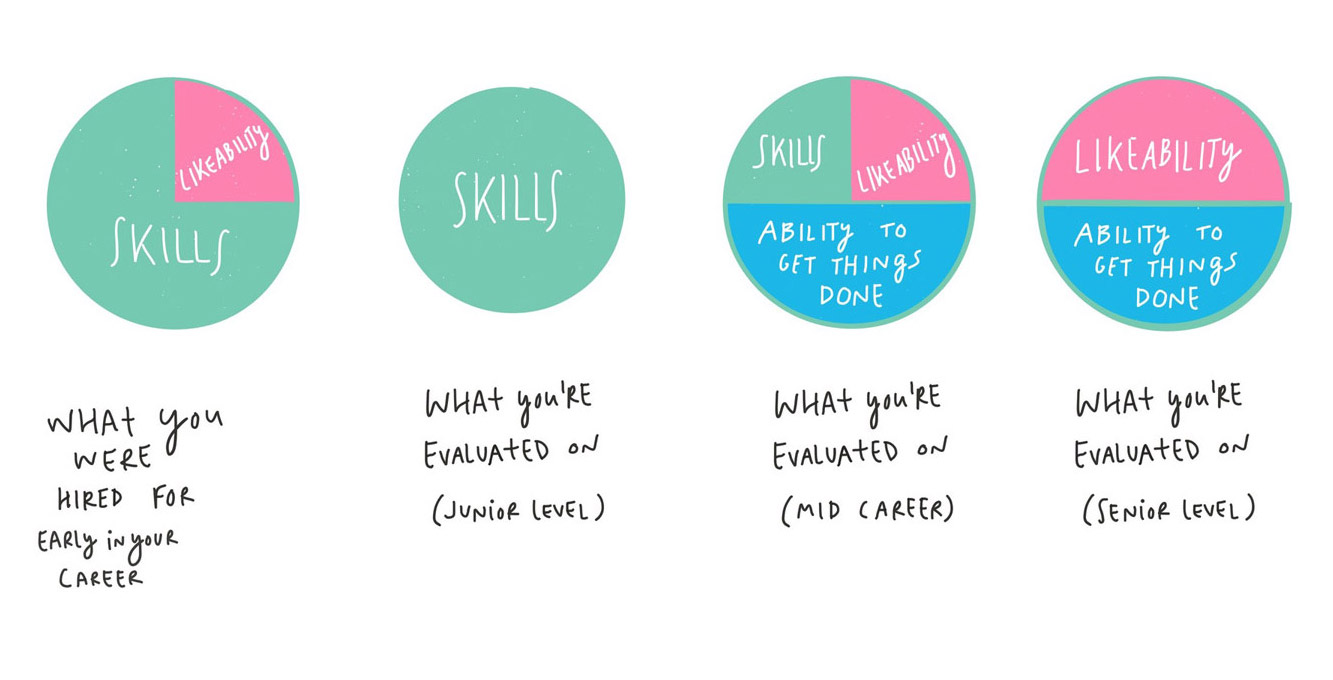#Leadership : 7 Small Gestures #Managers Can Make That Will Go a Long Way…If you Really Want to Be a Great #Boss , Here are a Few Effortless Moves that can Really Pay Off.
Being a manager means taking on a world of responsibility and juggling people, projects, and deadlines.But if you really want to be a great boss, here are a few effortless moves that can really pay off.
1. Say thank you
Most workers are used to being thanked for going above and beyond on the job, whether it’s staying late to finish a project or jumping in to tackle an emergency that pops up over the weekend. But sometimes, it helps to acknowledge the effort your workers put in on a daily basis, even when all they really are doing is tackling their basic responsibilities. Saying thank you here and there sends the message that you value your workers and appreciate their contributions — even those who are fairly run-of-the-mill.
2. Be flexible
As a boss, it’s natural to want to maintain a certain workflow and uphold a certain schedule. But a little flexibility with your workers is a great way to attain their respect and gratitude. The next time an employee asks to leave early for an appointment or to work remotely for a day to oversee a home repair, say yes, and do so graciously. This shows people that you trust them and respect the fact that they have lives outside the office.
3. Ask employees about their lives
Speaking of lives outside the office, it’s always nice occasionally to ask your workers about the things that are important to them in their personal lives. If you know an employee’s son has been applying to colleges, ask how the process is going. If you have a worker whose daughter broke her leg at soccer practice, follow up on her recovery. These simple inquiries won’t take up more than 30 seconds of your time, but they’ll show your team members that you’re thinking of them.
Like this Article ? Share It ! You now can easily enjoy/follow/share Today our Award Winning Articles/Blogs with Now Over 2.5 Million Growing Participates Worldwide in our various Social Media formats below:
FSC LinkedIn Network: www.linkedin.com/in/fscnetwork
Facebook: http://www.facebook.com/pages/First-Sun-Consulting-LLC-Outplacement-Services/213542315355343?sk=wall
Google+: https://plus.google.com/115673713231115398101/posts?hl=en
Twitter: Follow us @ firstsunllc
Question: Want the ‘the best/current articles/blogs on the web’ on Job Search, Resume, Advancing/Changing your Career, or simply Managing People?
Answer: Simply go to our FSC Career Blog below & type(#career, #leadership, #life) in Blog Search: https://www.firstsun.com/fsc-career-blog/
What Skill Sets do You have to be ‘Sharpened’ ?
Continue of article:
4. Offer feedback in person, not over email
As a manager, it’s your job to provide constructive criticism so that your employees can learn from their mistakes and boost their performance. But if you’re going to take the time to offer that feedback, do so face to face rather than over email. Though email might be quicker, it doesn’t convey tone, and therefore, your words might seem harsher on screen than in person. You’re better off taking 15 minutes out of your day, having a brief sit-down, and talking things out.
5. Splurge for refreshments
Meetings are a part of life in most office environments. An easy way to sweeten the deal is to provide refreshments on occasion, whether it’s a jug of coffee or a box of fresh cookies from the downstairs bakery. You don’t need to get fancy, spend a fortune, or do it all the time — but sporadic treats give workers a little something to look forward to.
6. Acknowledge work anniversaries
In today’s job-hopping age, it’s not unusual for workers to jump ship frequently. So if you have employees who have been with the company for a notable amount of time, it never hurts to send a group email acknowledging those milestones. Those whose anniversaries are recognized will feel important and appreciated, which will help motivate them to stay on board.
7. Have an open-door policy
Most bosses are busy people. But if you make it clear that you’re willing to carve out time for your employees, they’re going to appreciate the gesture. Encouraging your workers to come to you with issues or suggestions will not only make them feel more at ease, but help you earn their trust. And that’s certainly a winning formula.
Sometimes, all it takes is a low-key gesture to boost employee morale. Incorporate these suggestions and your workers no doubt will come to reciprocate in other ways.
Something big just happened
I don’t know about you, but I always pay attention when one of the best growth investors in the world gives me a stock tip. Motley Fool co-founder David Gardner and his brother, Motley Fool CEO Tom Gardner, just revealed two brand new stock recommendations. Together, they’ve tripled the stock market’s return over the last 13 years.* And while timing isn’t everything, the history of Tom and David’s stock picks shows that it pays to get in early on their ideas.
GlassDoor.com | June 6, 2018 | Posted by Maurie Backman, The Motley Fool







